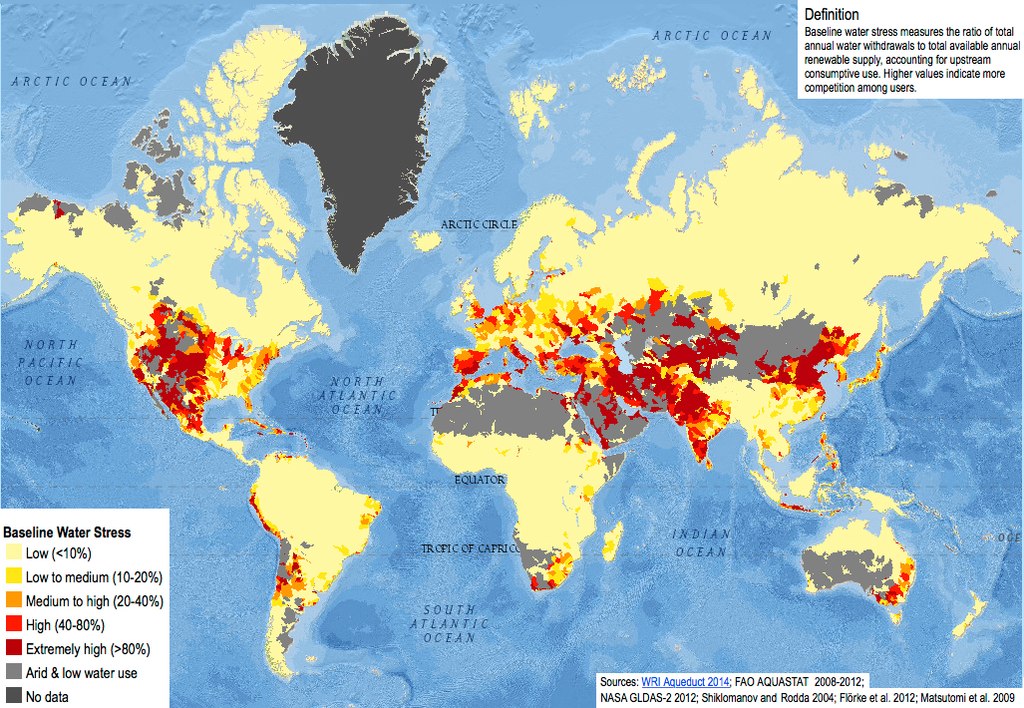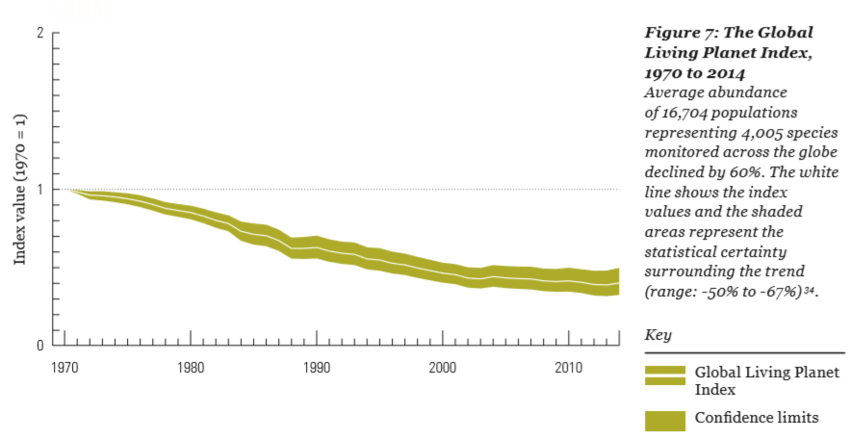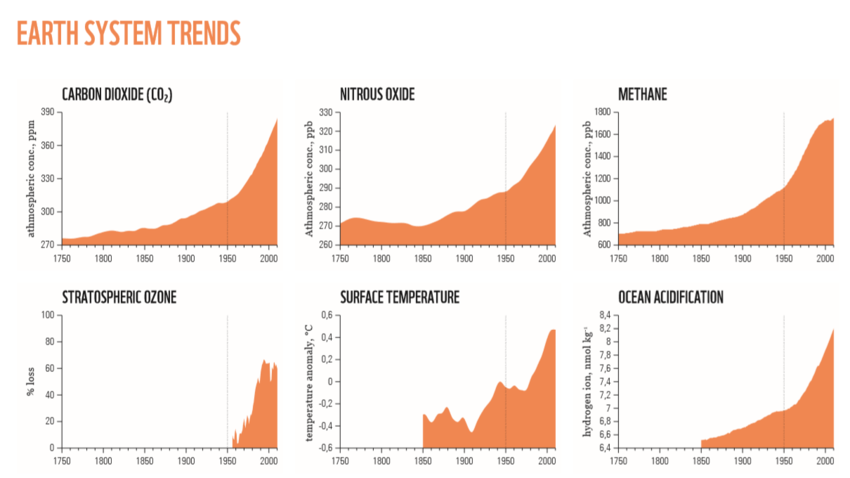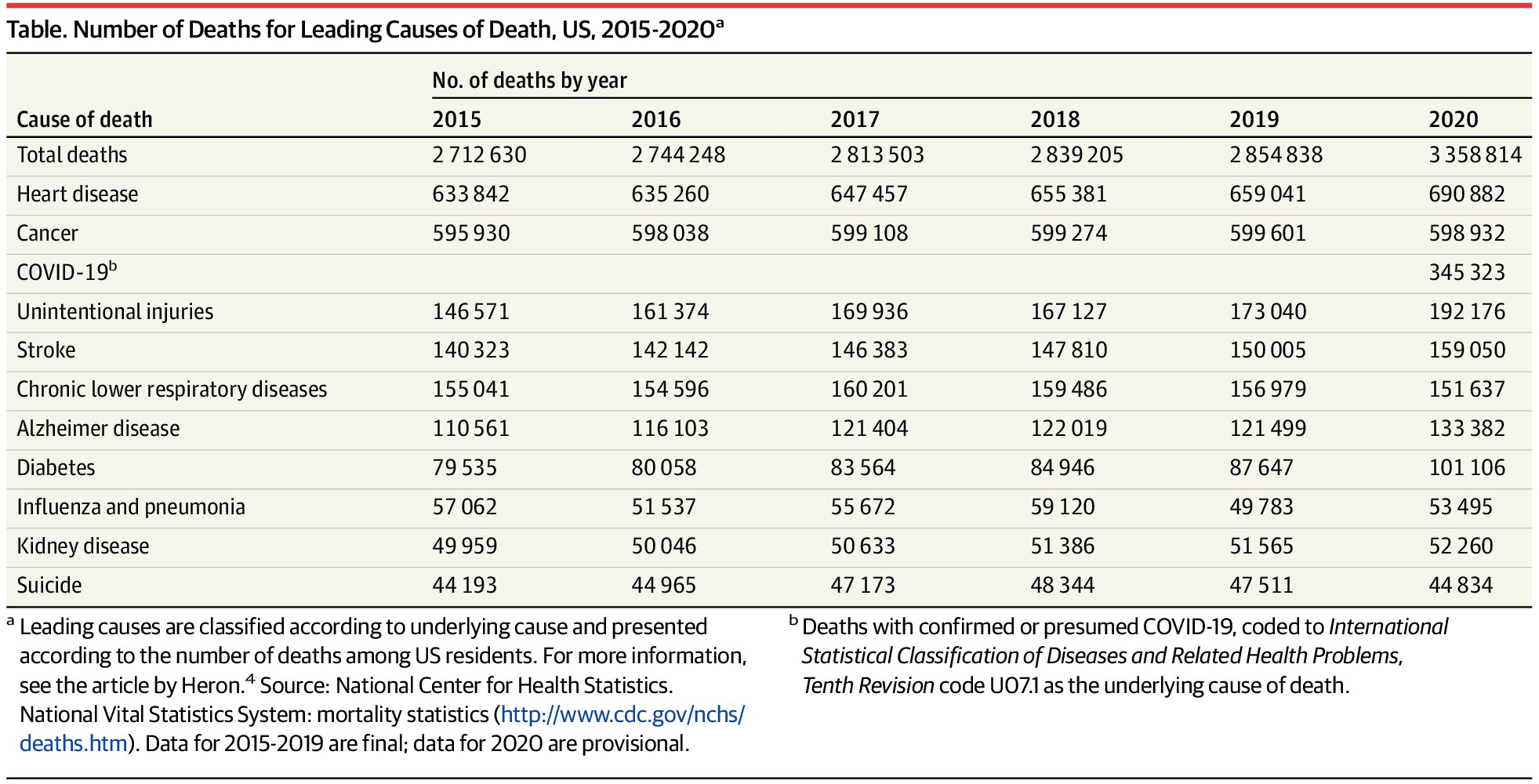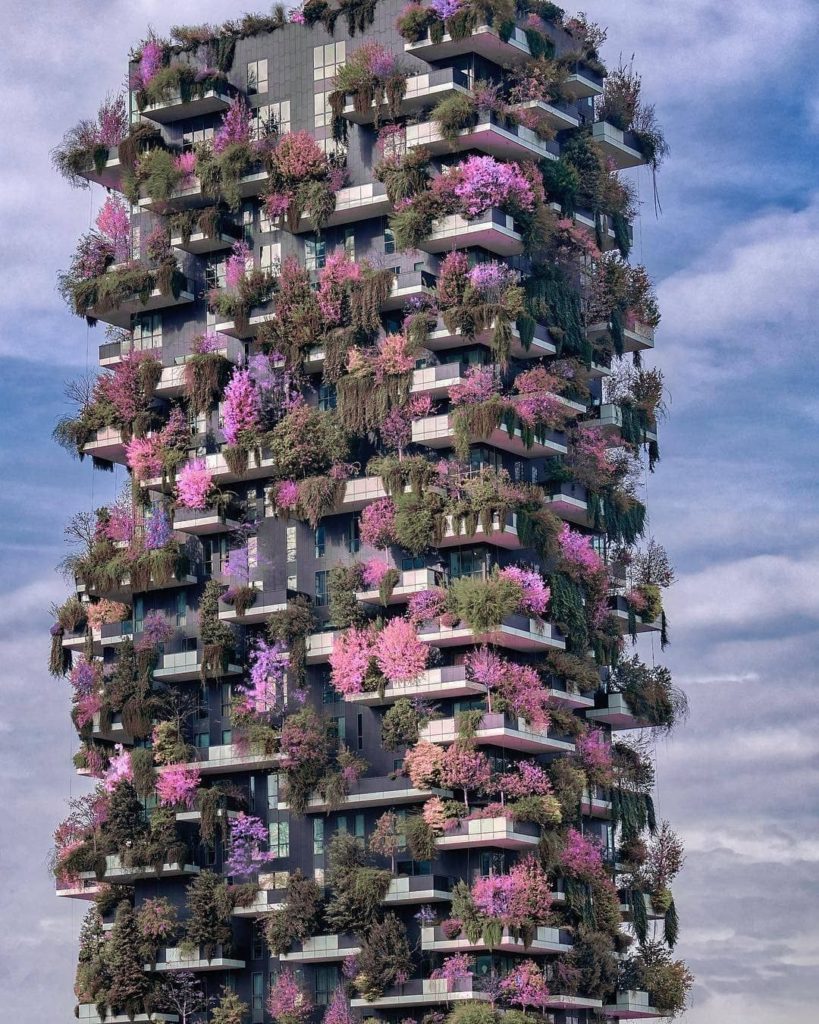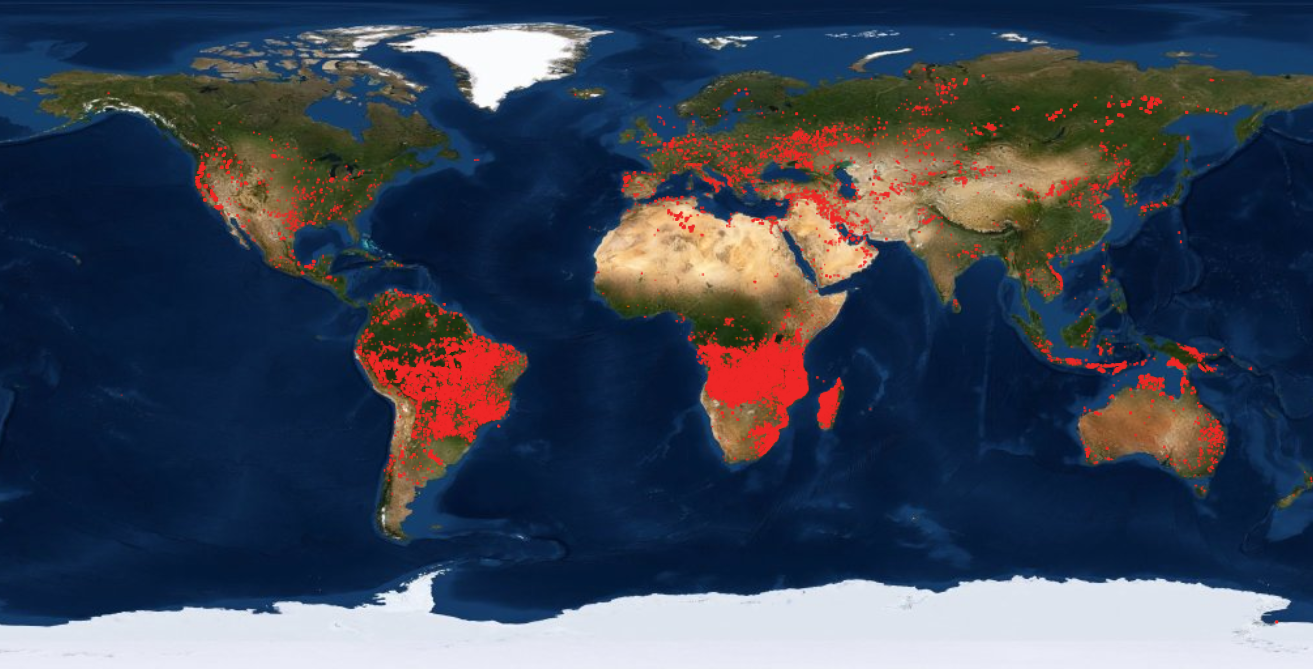When I was a teenager I read The Club of Rome’s “Limits To Growth.” The Club ran consumption, pollution and population numbers thru some simple models to see what would happen. The model misses climate change, so we’re worse off than they expect (much worse off) and some other factors, but the stuff it models has been coming in approximately as expected.
The standard model of progress, often assailed by thinkers like John Michael Greer, assumes that there aren’t significant limits to growth that we can’t substitute out of. Run out of oil? Switch to solar? Run out lithium, figure out another way to make batteries? Run out of water, mass-desalinization? Run out of soil, make soil or grow plankton in water. Run out of fish? Fish farms.
Etc…
But the people who created the model, who championed it, aren’t as optimistic and stupid as their opponents often indicate: the standard future model of people who believe in progress requires space exploitation precisely because we can’t assume we can always find a substitute on Earth for what we lack.
If you want, in other words, to keep GROWTH you must exploit space. Send out the space miners! Harvest solar above the atmosphere. Explore, exploit, grow!
You don’t necessarily have to colonize space in any meaningful way to do this, though the earlier imagineers thought we would: this can be done by robots and telepresence mostly, with a very few actual humans in space.
Note that this side-cuts most of the standard complaints about space colonization: other planets nearby all suck, and are worse for life than Earth (even shitty places on Earth like Antarctica) and space itself is full of deadly radiation and other problems we don’t know how to fully mitigate.
Doesn’t matter if you’re just sending out robots to get stuff (lithium, say) and bring it back.
BUT none of this matters in a larger sense because the real problem isn’t running out of lithium or copper or helium or any other simple substance like that.
It’s destroying the biosphere, climate and ecosphere
Earth’s true wealth is an intricate web of life, from creatures simpler than bacteria all the way up to blue whales, including plants and fungi and insects and a wild variety of creatures we don’t understand or haven’t even discovered.
That, along with Earth’s climate, is what you can only get on Earth, at least within the solar system. That’s what we’re destroying.
So… space exploitation? Why not. It may help deal with some bottlenecks. But it still won’t let us continue GROWTH and the standard progress model, because the real limit to growth is simply that if we go past the Earth’s carrying capacity — which I will say, despite some disagreeing with me — we unequivocally have, we then start destroying that carrying capacity and all the things we must have that only Earth supplies.
Earth is the Jewel, the most important place in the universe for humans, right now. We cannot do without it and what is important about it is not copper or lithium, it is precisely climate and LIFE (ecosystems). Our destruction of those two things is what makes the standard model of progress impossible.
We’ve got a limited resource, created by processes of evolution which take millions of years to work. We are so ignorant we cannot even create a self-sustaining biosphere; we cannot fix what we are breaking.
Anyone and any system destroying the Earth’s climate and ecosphere is thus, then, doing the greatest wrong possible for the future of humanity, and of much life on Earth. Our mass genocide of other species is a slow form of strangling ourselves.
Space can help, but it won’t get us around the real issues. Only true respect for the genuine non-renewable resources we MUST have and which exist only on Earth can create a positive future for humanity and for all the species we have held hostage and not yet murdered, who are unfortunate enough to be trapped on Earth with us.
(Writers need dental care, so subscriptions and donations help.)

